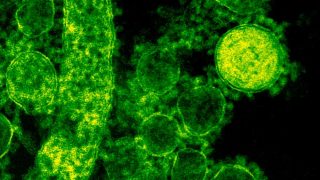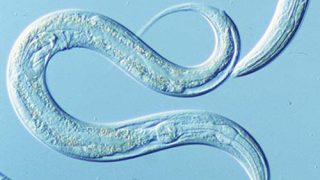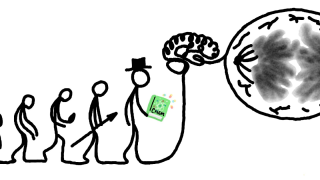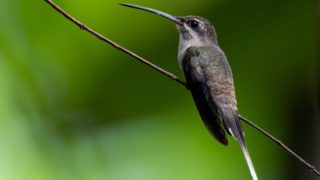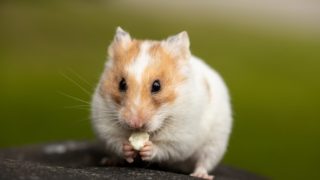
Autism and Neanderthal genome
The evolution of the human being has a complex form in which some branches bifurcate and form two different species and some different branches come together again and form individuals with a certain degree of hybridization. The only hominin remaining today is Homo sapiens and the last to disappear was Homo neanderthalensis. Neanderthals, our closest […]
